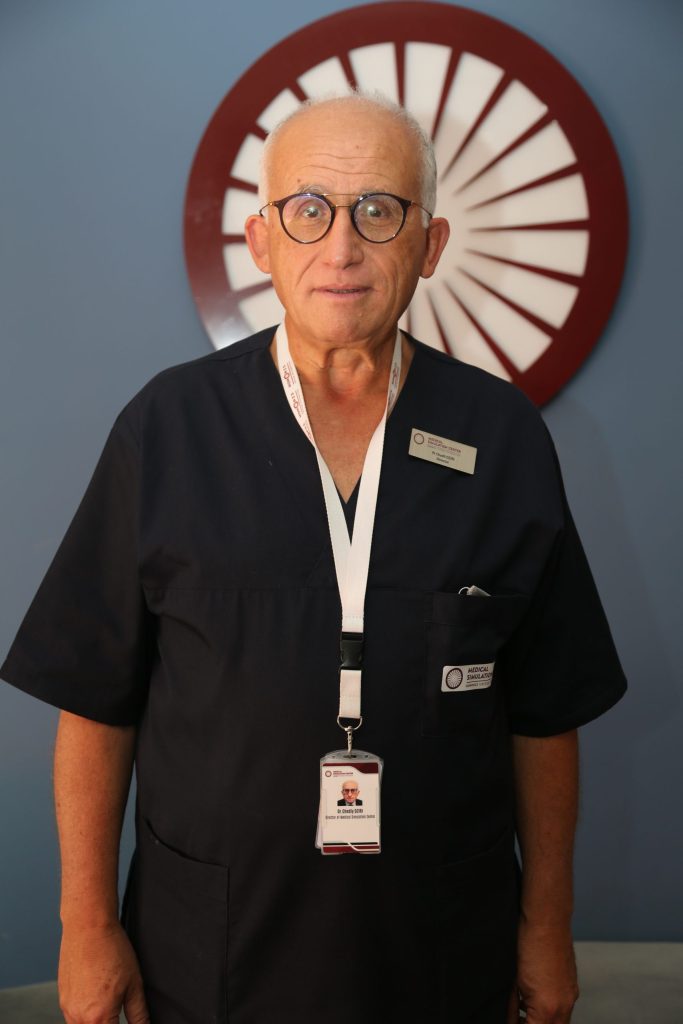
Prof. Chadli DZIRI, MD, FACS
- Speciality: Former MSC Director
- Expertise: General Surgery, pedagogy, medical and surgical simulation, methodology and biostatistics, clinical research
- Length of Work: since 1987
- Email: cdziri@tn.honoris.net
- Phone: +216 29 24 35 35
Biography
Dr Dziri’s career spans 42 years, 15 of which have been dedicated to medical simulation. He firmly believes that the profession of a surgeon now resembles that of a pilot, in terms of the learning curve, where the student must first practice through simulation before touching the patient. This belief drives all of his activities at the MSC, as he instils the same values in his staff and trainers.
Dr. Dziri's first contact with medical simulation was in 1974, in the service of his mentor Zouhaier Essafi (Head of Surgery at the Charles Nicolle Hospital), when he was still a medical student. As an intern, he was called upon to do an external cardiac massage and mouth-to-mouth insufflation on a low fidelity simulator dummy. In 1985, as a hospital-university assistant, he participated in a workshop on experimental microsurgery (suture of the aorta of the carotid rat) in the experimentation center of the Henri Mondor Hospital.
He led surgical simulation workshops in two places, as president of the National College of Surgery and as head of the experimental medicine unit that he started in 2005 at the Tunis Faculty of Medicine – University of Tunis El Manar. At the National College of Surgery, as President of the College, along with the theoretical teaching, he introduced practical teaching on pigs at the veterinary institute of Sidi Thabet, mandating that all surgeons must acquire surgical experience on pigs before they gain any experience with human patients. At the Sidi Thabet School of Veterinary Medicine, he hosted nine coelioscopic workshops where the trainer focused on basic gestures/ sutures on inert tissue/ Intracorporeal and extracorporeal points and general surgery residents gained knowledge and experience on pigs.
He set up the Unit of Experimental Medicine (UME) and headed it since 2005. He oversaw Animation and/or organization of surgical simulation workshops, microsurgery and interventional endoscopy. His main role was to help teachers improve their knowledge and attract them to experimental research. He also organized, animated and adapted teaching methods to optimize learning. At the same time, he organized multiple workshops of Micro-Experimental Surgery with the members of the Biotechnology Centre of the Hospital Cardarelli of Naples in November 2005 to train trainers and surgeons to become familiar with microsurgery and improve their skills.
Education
Medical Doctor, Professor Emeritus General Surgery,


